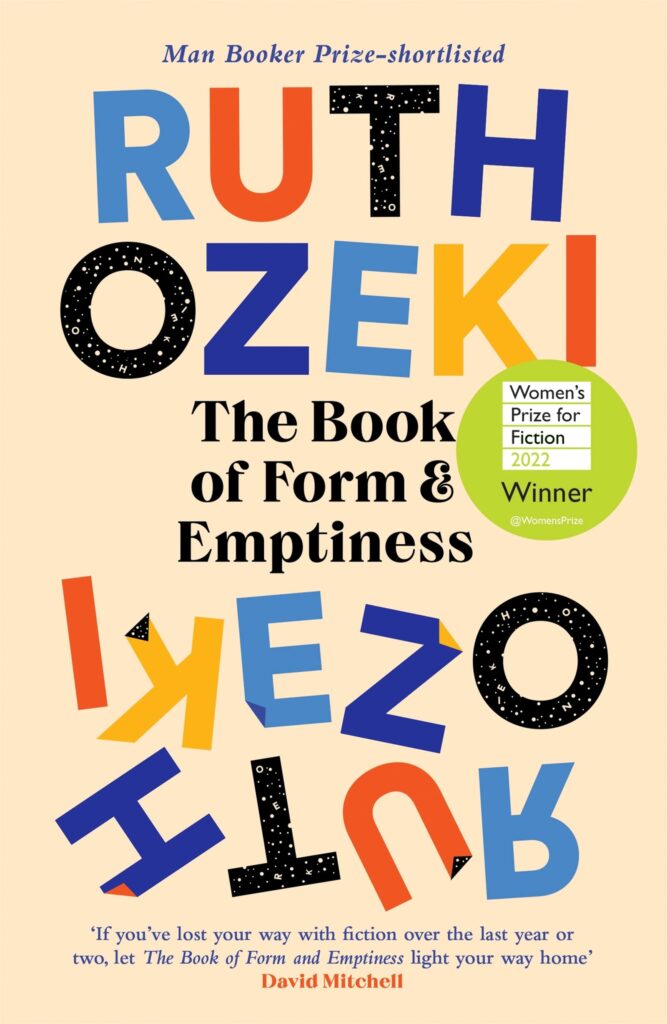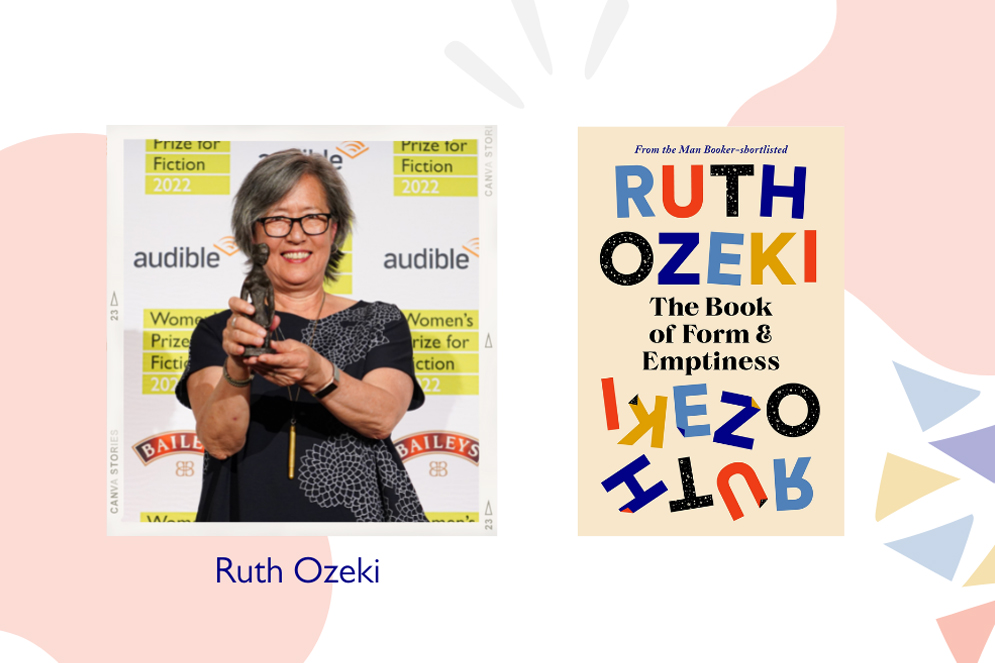Meet Ruth Ozeki, author of the Women’s Prize 2022 winning novel The Book of Form and Emptiness.
The 2022 Chair of Judges Mary Ann Sieghart praised the book for “its sparkling writing, warmth, intelligence, humour and poignancy. A celebration of the power of books and reading, it tackles big issues of life and death, and is a complete joy to read. Ruth Ozeki is a truly original and masterful storyteller.”
Every part of this brilliant novel is an ode to the wonders and possibilities of language, so what was the inspiration behind it? We grabbed a quick five minutes with each of the authors behind the 2022 longlisted books to ask that question and more…
Describe in three words how it feels to be longlisted for the 2022 Women’s Prize for Fiction.
I feel happy, inspired, and grateful.
What inspired you to write The Book of Form and Emptiness?
As a child, I related to objects as though they were semi-sentient, and even now I think about the stories that things could tell if only they could speak. In Zen, there is a koan, “Do insentient beings speak the Dharma?” Do things (trees, pebbles, toaster ovens, nuclear reactors, etc.) speak? Can they teach us about life? About reality? Obviously, the answer is yes, if we could only learn to listen.

Can you describe The Book of Form and Emptiness in one sentence?
The book tells the story of a young boy who, after his father dies, starts to hear the voices of objects speaking to him.
Are there any locations that have a special connection for the book?
Libraries! I grew up in libraries and owe much of my inspiration to random, serendipitous browsing, and to the books that leapt from shelves and fell into my arms.
What was the first thing you ever wrote?
I dabbled in haiku as a young child, but the first story I wrote was about a little girl who got a “Fun With Chemistry” set for Christmas and made a giant Superball that bounced her to the moon. (Wishful thinking…)
Why did you become a writer?
I was an only child of elderly parents and needed friends to talk to, so I made them up.



